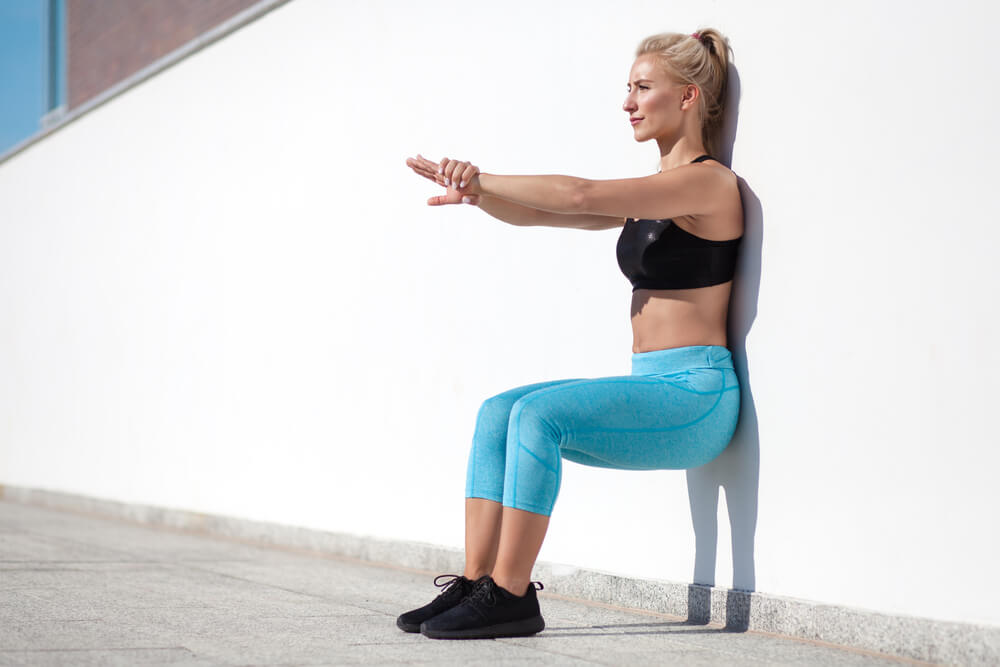Are isometrics better than traditional weightlifting?
If you're looking for a more efficient way to build size and strength, it might be time to consider adding isometric exercises to your routine. Isometrics may not be as sexy as deadlifting three times your bodyweight, but if it is more effective, it might be worth a try.
According to both the Centers for Disease Control and Prevention (CDC) and the American Heart Association (AHA), all adults should engage in strength training at least twice a week. While many believe that this necessitates a gym membership, complex machines, and olympic lifting, research suggests that isometric exercises can yield impressive results, often in less time than traditional gym workouts. Plus, it is a lot safer and easier on the joints.
Isometric exercises, which involve contracting your muscles without moving the rest of your body, offer several benefits over dynamic exercises like weightlifting. For one, they can be done virtually anywhere, eliminating the need for a gym membership or expensive equipment. This makes it easier to fit workouts into your schedule, as you don't have to worry about commuting or waiting for equipment to become available.
Moreover, according to an article published in the Journal of Applied Research, isometric exercises can result in 4.1 to 15.9 times more muscle work in an equivalent time than a similar exercise on a weight machine. This means you can potentially reach your fitness goals faster with isometric exercises than with traditional gym workouts.
The science behind isometric exercises explains why they're so efficient. When you perform dynamic exercises, your muscles contract and relax, pumping blood back to the heart. However, isometric exercises involve sustained muscle effort, which temporarily slows down blood flow. This deprivation of oxygen stimulates the production of free oxygen radicals and reduces the amount of adenosine triphosphate (ATP), both of which are associated with building muscle strength.
In conclusion, while going to the gym is a popular way to gain strength, it isn't necessarily the most efficient or convenient. Isometric exercises offer an effective alternative that can be done anywhere, anytime, and they could help you reach your fitness goals faster.
This post is a summary of an article we liked on Activ5.com - For more details, please refer to the original article.
Sources:
- CDC Guidelines for Adults
- American Heart Association Recommendations
- The Cost of Gym Membership
- Gym Membership Statistics





